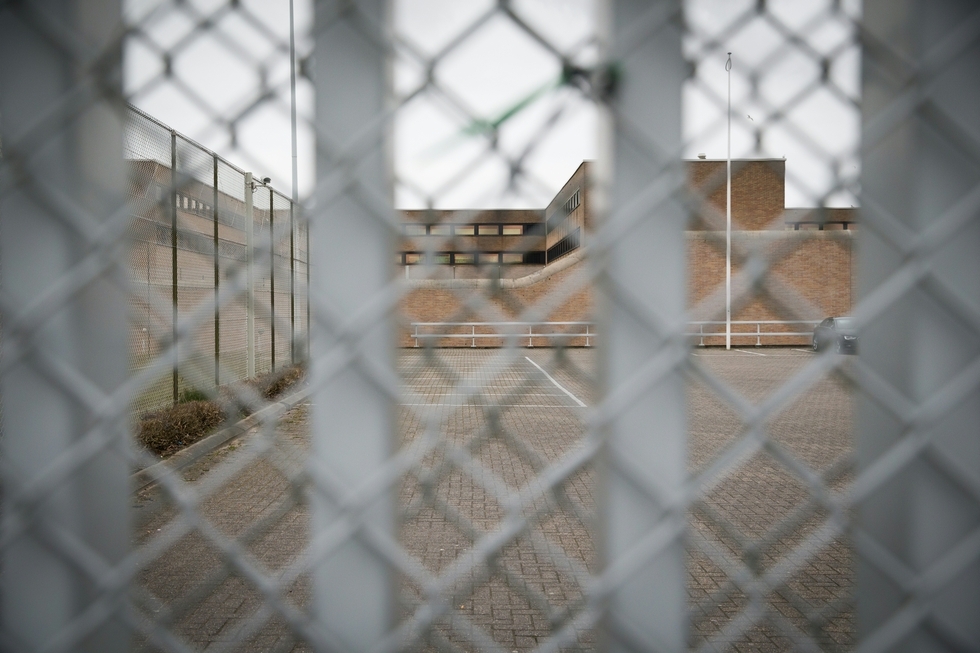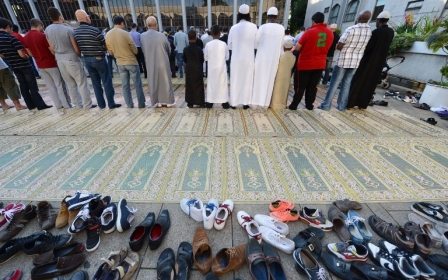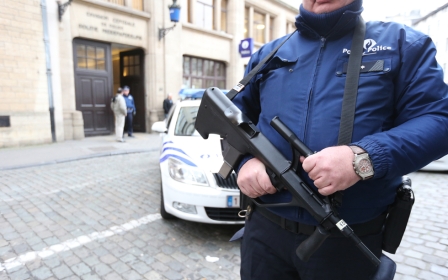European jails are 'breeding ground' for militants warns report

Europe's prisons have become a "breeding ground" for Islamic State and Al-Qaeda militants, with a report finding almost two thirds of European "jihadists" were previously involved in violent crime.
The report, released by the International Centre for the Study of Radicalisation (ICSR) at London's King's College, warned of the development of a "new crime-terror nexus" in which criminal networks in prisons and in communities gave way to recruitment into militant groups. Prisons, in particular, are a major hub for such groups.
"Prison is becoming important as a place where a lot of networking happens," said Peter Neumann, director of the ICSR and co-author of the report.
"Given the recent surge in terrorism-related arrests and convictions... we are convinced that prisons will become more – rather than less – significant as breeding grounds for the jihadist movement."
The generation who have gone to join IS is, in contrast to previous generations, heavily drawn in Europe from criminal backgrounds. The report, which is drawn from profiles of 79 recent European militants found that 57 percent of them had previously been incarcerated and that 65 percent had been involved in violent crime.
This contrasts with previous generations of Islamic militants who were recruited from religious establishments or universities and often came from relatively well-established middle-class families.
Although some analysts have previously spoken of the importance of foreign funders of groups like Al-Qaeda and IS, the report also emphasised that individual attackers in Europe often derived their income from petty crime and that attacks such as those in Paris in November 2015 had cost in total less that 10,000 euros ($11,000).
Neumann also raised the issue of prison reform, citing failing prisons in particular as a breeding ground for radicalisation.
Authorities losing control of prisons
"Radicalisation often happens in prisons that are overcrowded, where essentially prison authorities have lost control over their own facility - and the first and most important recommendation is for prisons to be orderly and safe, because it's unorderly and unsafe prisons that allow these conditions to exists," he said in response to a question from Middle East Eye.
In the last five years around 5,000 western Europeans have travelled to the Middle East to join groups such as IS and the Syrian al-Qaeda affiliate.
For some, joining these groups offers a form of "redemption" for their crimes, researchers said.
Ali Almanasfi, a British-Syrian from London who fought in Syria after serving a jail term for violent assault, was cited in the report as saying: "I want to do something good for once. I want to do something pure."
According to Neumann, the findings point to a shift in the way IS operates.
"We think IS no longer aspires to be a very theological organisation. It embodies the brutality, strength and power that these young people who were often members of gangs are looking for," he said.
"It basically tells them 'you can continue to do all the things you did before, but now you can get into heaven'."
Additional reporting by AFP.
This article is available in French on Middle East Eye French edition.
New MEE newsletter: Jerusalem Dispatch
Sign up to get the latest insights and analysis on Israel-Palestine, alongside Turkey Unpacked and other MEE newsletters
Middle East Eye delivers independent and unrivalled coverage and analysis of the Middle East, North Africa and beyond. To learn more about republishing this content and the associated fees, please fill out this form. More about MEE can be found here.




